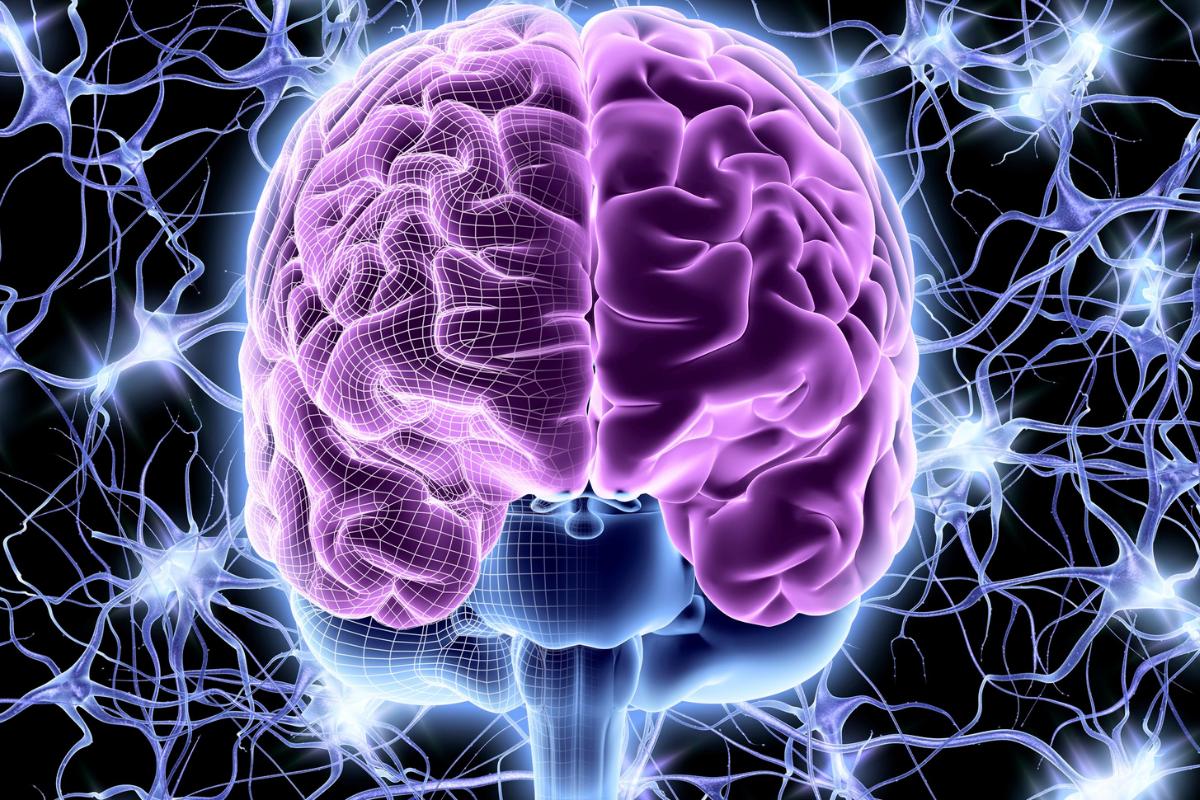By Dr. Petrus Raulino
What is Schizophrenia?
A schizophrenia is a mental disorder that affects around 20 million people worldwide. Much research has identified the importance of the role of genes in this disorder.
The genetics of schizophrenia are complex, multifactorial and polygenic. There are hundreds or perhaps thousands of genes involved in the disease.
Given the enormous heterogeneity of the disease, each patient is practically unique in the combination of genes that led to the disorder.
The identification of rare genetic variants associated with schizophrenia has proved challenging due to the genetic heterogeneity of populations.
But a new genetic mutation that blocks neural communication has recently been discovered in patients with schizophrenia. It could pave the way for new therapeutic strategies and increase understanding of the disease's pathophysiology.
This discovery was made through a study in Feinstein Institutes for Medical Research in the USA and published in the journal Neuron.
Study on genomes with schizophrenia
The study was carried out with a relatively homogeneous population, a cohort of Ashkenazi Jews, to examine the genomes of patients diagnosed with schizophrenia and a control group.
The aim of the study was to find isolated mutations that could be observed several times in the schizophrenia group. This was possible with the homogeneous group of Aszech Jews.
Study results
The gene mutation PCDHA3 was identified in five of the 786 cases of schizophrenia. The gene mutation PCDHA3 is an ultra-rare variant that was not found in any individual in the control group.
The gene PCDHA3 derives from the protocadherin gene family and blocks its action, preventing neurons from recognizing each other and communicating with other neurons.
Conclusion
Further studies will be essential to assess how the treatment of schizophrenia can improve any alterations caused by this genetic mutation.
The discovery of the gene mutation PCDHA3 in patients with schizophrenia does not have an immediate impact on clinical practice. But it does have scientific relevance, as it adds another piece to the understanding of the genetic basis of schizophrenia.
References
Lencz, T., Yu, J., Khan, R. R., Flaherty, E., Carmi, S., Lam, M., ... & Pe'er, I. (2021). Novel ultra-rare exonic variants identified in a founder population implicate cadherins in schizophrenia. Neuron.
Charlson, F. J., Ferrari, A. J., Santomauro, D. F., Diminic, S., Stockings, E., Scott, J. G., ... & Whiteford, H. A. (2018). Global epidemiology and burden of schizophrenia: findings from the global burden of disease study 2016. Schizophrenia bulletin, 44(6), 1195-1203.
Mistry, S., Harrison, J. R., Smith, D. J., Escott-Price, V., & Zammit, S. (2018). The use of polygenic risk scores to identify phenotypes associated with genetic risk of schizophrenia: Systematic review. Schizophrenia research, 197, 2-8.
Avramopoulos, D. (2018). Recent advances in the genetics of schizophrenia. Molecular neuropsychiatry, 4(1), 35-51.
Henriksen, M. G., Nordgaard, J., & Jansson, L. B. (2017). Genetics of schizophrenia: overview of methods, findings and limitations. Frontiers in human neuroscience, 11, 322.







